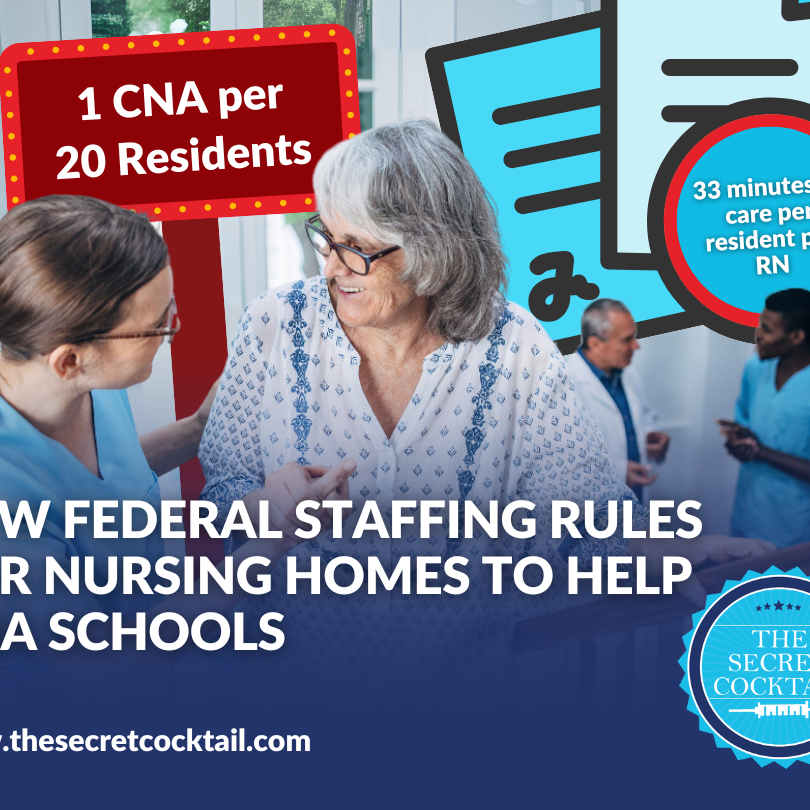New staffing requirements for nursing homes, proposed by the Biden administration, have sparked widespread concern and debate within the long-term care industry. A recent analysis by KFF, a leading health policy research organization, has revealed that a significant number of nursing homes across the United States are not currently equipped to meet these new standards.
The New Rules
The Centers for Medicare and Medicaid Services (CMS) currently has staffing rules in place, requiring 24-hour clinical staffing and setting standards for patient care. However, the specifics of staffing are largely left to the discretion of individual facilities. The new rule, set to take effect in 2026 for urban facilities and 2027 for rural ones, mandates more stringent requirements:
- 24/7 Nurse Presence: A nurse must be on duty at all times.
- Increased Patient Care Time: Each patient must receive a minimum of 33 minutes of care per day from a registered nurse (RN) and 147 minutes from a nurse aide.
While these new requirements aim to improve patient care, the KFF analysis paints a concerning picture regarding the ability of nursing homes to comply. Many states are falling short of the proposed standards, with a significant percentage of facilities unable to meet the requirements for both registered nurses and nurse aides.
Industry Concerns
Industry leaders have voiced strong concerns about the feasibility of the new rules, citing a widespread workforce crisis, exacerbated by factors such as a scarcity of affordable housing and child care, low unemployment rates, and inadequate Medicaid reimbursement rates. These challenges make it incredibly difficult for facilities to recruit and retain staff.
Many nursing homes are already operating at reduced capacity due to staffing shortages. The new rules, if implemented as proposed, could force facilities to make difficult choices, such as increasing taxes or fees, or even closing their doors altogether.
Political Debate
The new staffing rules have sparked political debate, with lawmakers expressing both support and concern. Some argue that the requirements are essential to improving the quality of care for nursing home residents. Others, however, worry that the rules are overly burdensome and could have unintended negative consequences, such as reduced access to care.
Looking Ahead
The debate over the new staffing rules is far from over. As the implementation dates approach, it remains to be seen how nursing homes will adapt to these new requirements and what impact they will ultimately have on the long-term care landscape. It’s clear that addressing the underlying workforce challenges within the industry will be crucial to ensuring that nursing homes can provide the high-quality care that residents deserve.
Please note that this is a generalized rewrite of the article, without focusing on any specific state. It aims to highlight the broader challenges and concerns surrounding the new federal staffing rules for nursing homes.
Written by: Aubrey Bartolome a creative writer for The Secret Cocktail®
If you are interested in starting a healthcare training school in your state, we can help! From CNA Schools, Phlebotomy Schools and more we can help launch a training school. Please contact us at info@thesecrtecocktail.com to learn more about our services or click here.

